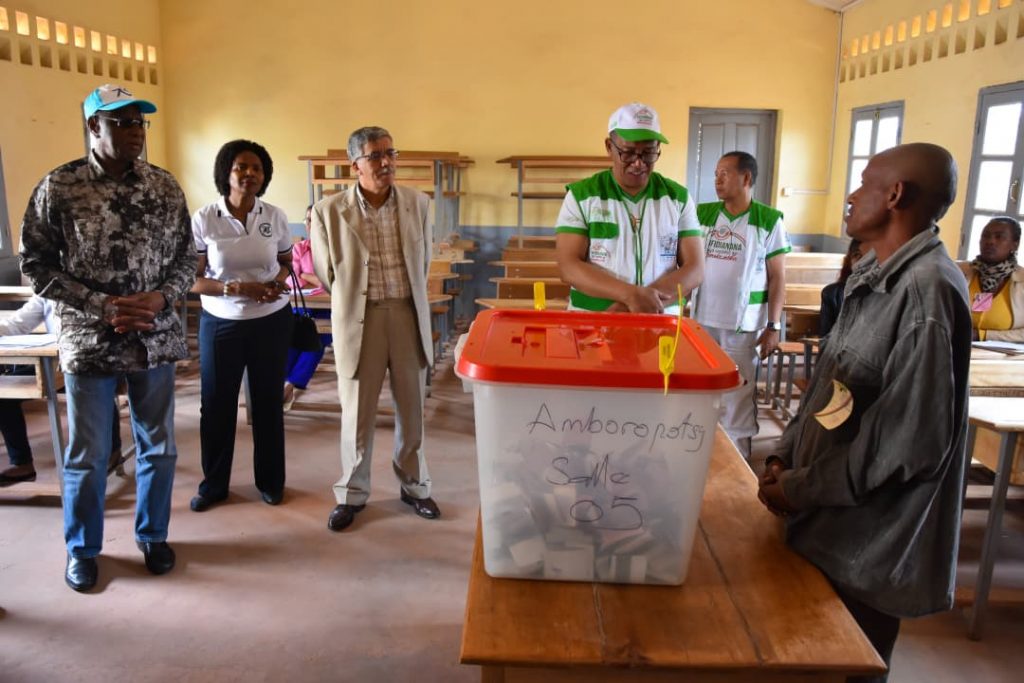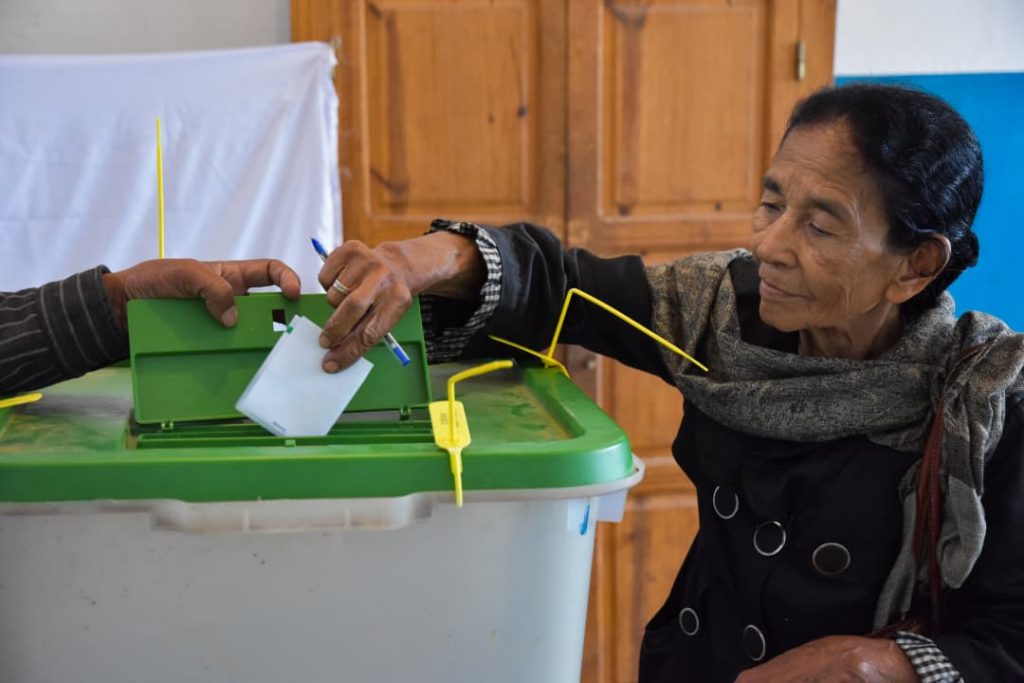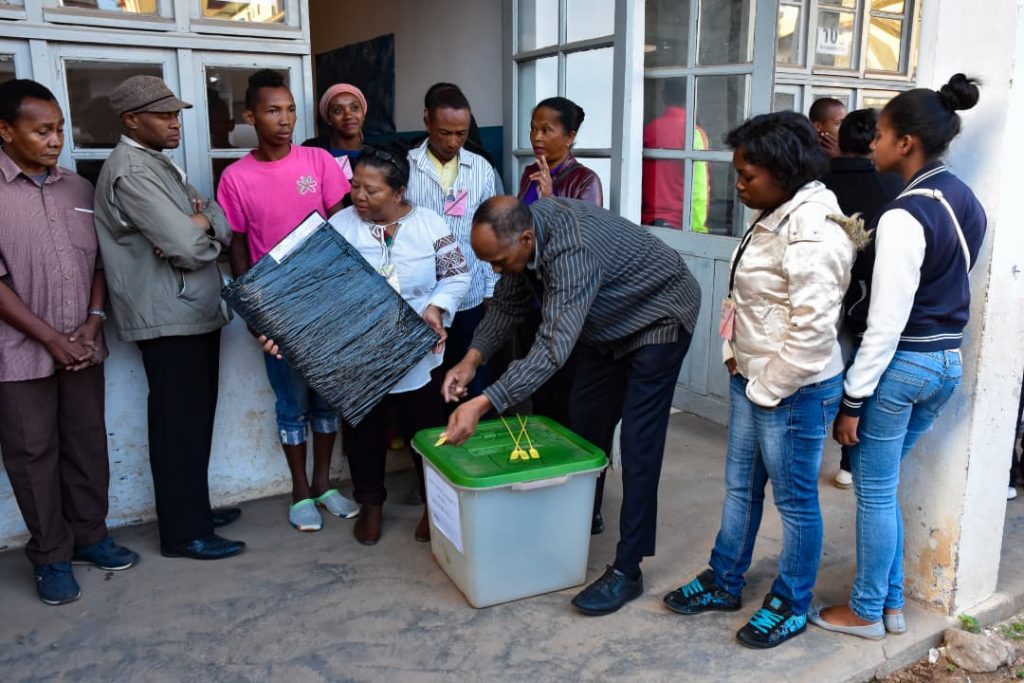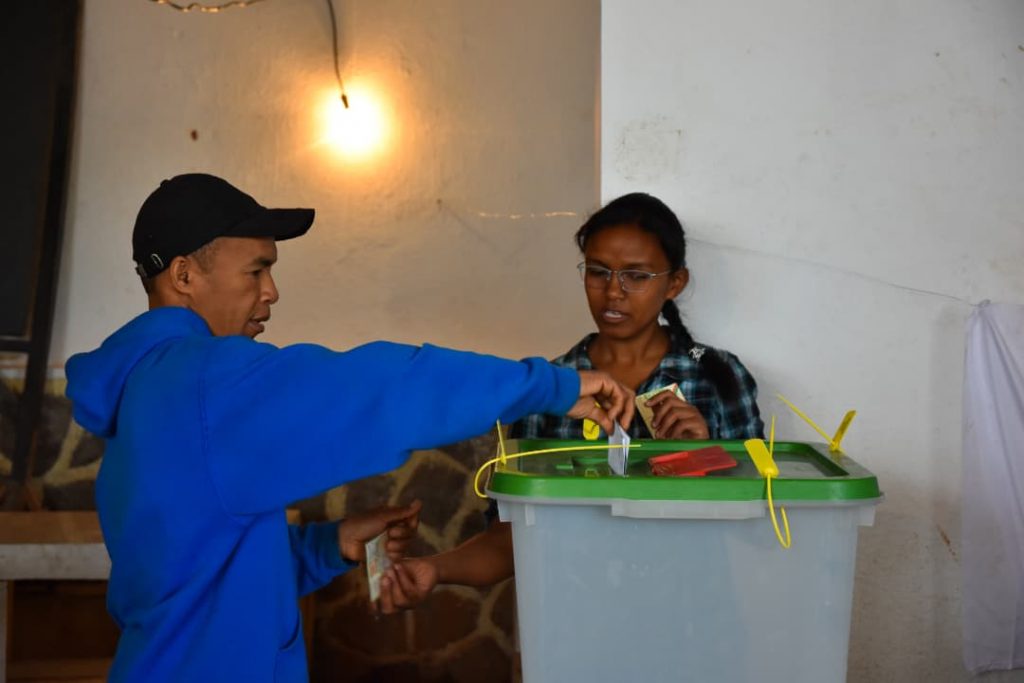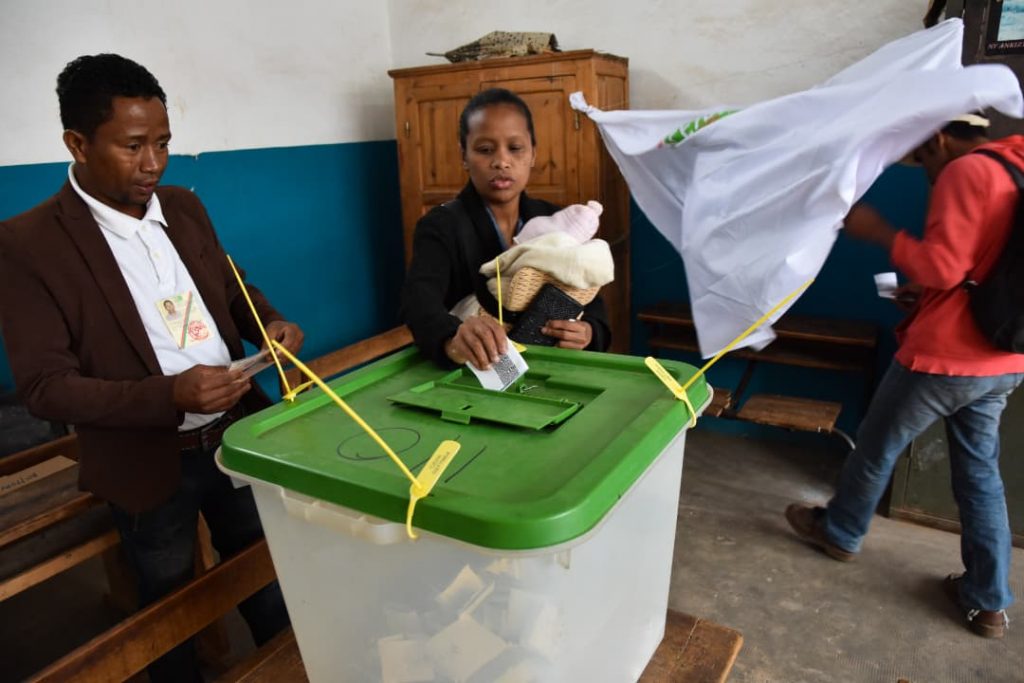The second round of the presidential election on 19 December 2018 was peaceful and transparent according to the preliminary statement by the EU Election Observation Mission (EU EOM), who also noted a general improvement in the voting process (see here).
The authorities remained neutral and the security forces secured the process before, during and after the election. Moreover, the observers singled out five specific parameters that contributed to an improved process: the high rate of distribution of voter cards before polling day; the decision by CENI to authorize voters to vote with an ID as long as they are registered on the voters’ list; experienced polling station staff; CENI’s capacity building efforts; and simplified process, particularly during the counting with only two candidates remaining in the race. Furthermore, CENI proclaimed the provisional results on 27 December, well before the legal deadline. These results were confirmed by the High Constitutional Court (HCC) on 8 January 2019, confirming the final results of 55,66% for Andry Rajoelina.
The second round in figures
4,756,383
Number of voters nationwide, on 19 December 2018
48,09%
Voter turnout at the second round of the presidential election.
119,320
The number of blank and invalid ballots counted at the end of the ballot
55,66%
The final score of the candidate in the lead after the second round, Andry Rajoelina.
45,34%
The final score of the second candidate in the second round, Marc Ravalomanana.
_____________________________________________________________________________________________________________________
From 2017 to 2019, the SACEM project intends to support the CENI and other stakeholders in the electoral process in the organisation of credible, inclusive and peaceful elections on the Big Island. It focuses on the reliability and security of the electoral register, the promotion of electoral governance through legal framework reforms, the raising of electoral awareness, the capacity building of electoral agents, the provision of voting material and the rapid and secure transmission of electoral data.
The project, implemented by UNDP, is supported by the European Union, USAID, Norway, Germany, the United Kingdom,
France, South Korea, Switzerland, Australia and South Africa.

